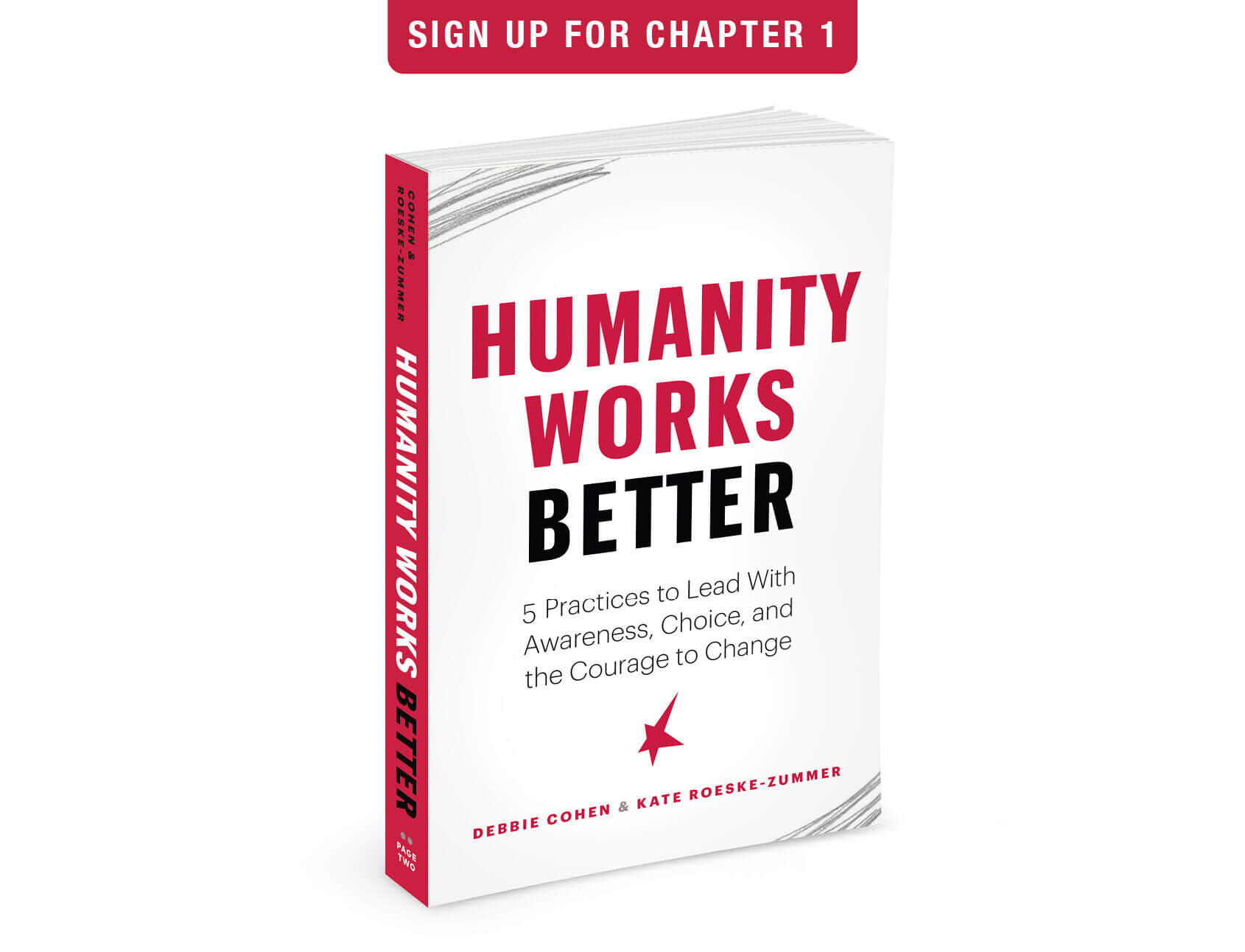The feelings of anxiety that coincide with taking time away from work are hard to ignore – so we wonder, what is that about?
We chuckled when we came across the recent HBR Reading List titled How to Take a Vacation, for a couple reasons. The first was the disbelief that our society actually needs this type of guidance: has our work life really gotten to the point that we need advice on vacationing? The second reason being that yes, our society does need this advice, and so do we! Deb and I are both taking a two week break at the end of June: time-off for ourselves to restore, connect to what is important and get inspired. And, yes, it feels incredibly daunting. We wonder: can we really go offline for two weeks? Will we miss out on something big? Will some critical project piece fall through the cracks? Will our clients be OK?
As the HBR article summarizes, “time off has a positive effect on work-life success, and particularly on well-being. But for many, the feelings of anxiety that coincide with taking time away from work are hard to ignore.” So like so many, we feel anxious – and we wonder, what is that about? Our book subtitle helps us navigate this:
Awareness, Choice and the Courage to Change.
Awareness
Time to get curious about what causes the fundamental fear of taking time off. We all know the importance of time off – the need to pause, be inspired and restore ourselves. The shift in perspective that occurs when away, the reconnection to what’s important. Yet in 2021, American workers left an average of 33%, or 5.6 days, of paid time off on the table, according the US Travel Association. Why is this?
As we often do, we start our search with mindsets. In our book we discuss the role mindsets play as the unconscious drivers of our lives steering our words and behaviors. We look at the four possible shifts from fixed mindsets to growth mindsets:
- From problem-reacting to outcome-creating
- From erecting barriers to keep people out to creating boundaries to let people in
- From struggling with resistance to navigating resistance
- From self-interest to meaningful connections
When examining our fear of vacation, we honed in on the mindset of creating boundaries. So let’s break this down. Fears of vacation usually sound like this:
- It will look bad to my boss, no one else is taking vacation
- It will cost the business too much to step away
- FoMo – what will happen while I’m gone?
- There’s too much to do when I come back
- No one else can do it but me, I’m indispensable!
Do any of these ring true to you? The underlying issue in all of these is boundaries.
Choice
When you think about boundaries, you have to know what you are choosing. Ask yourself:
- What are you okay with, and why?
- What are you not okay with, and what’s important about that?
For you and for those you work with, the cost of not being clear about your boundaries is stress, burnout, exhaustion and resentment.
Everyone’s circumstance is different, but take a step back and look at what your job really needs from you. Get clear here – what can wait until you’re back, what can be handled by someone else, and if there’s something only you can do, what is your work around for that?
When you look deeply at your responsibilities, think about how you can work differently, and what it takes for you to choose to work differently. Two of our favorite questions: What can you let go of? What can you delegate?
So, what do you choose? And leaders: does your work culture support time away? Managers: are you creating a safe place for people to take time away without professional repercussions?
We love this from Keven Cashman in his book, The Pause Principle: “an antidote to our addiction to speed and transaction, pause is a conscious, intentional process of stepping back to reflect and deliberate, and then lead forward with greater clarity and impact.”
The Courage to Change
And so, we remind ourselves:
- Time off is needed to regain balance, perspective and fresh thinking. We will come back better and stronger.
- We need to rest, we are not machines.
- To inspire others, we ourselves, must be inspired!
- You can never get it all done before you go, the inbox will just infill with other things.
- The world will not fall apart by us not checking email!
So we pause, breath deeply, and set this boundary, this guardrail on our lives: we’re taking 2 weeks off – no email, no replies, nothing – and we know the world will keep spinning. We tell ourselves that it’s ok to go, we choose to say, WE’RE GOING!
When we come back, our July newsletter will reflect on what we learned while away – about boundaries and the other mindset at work – claiming values.

